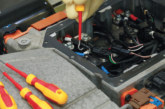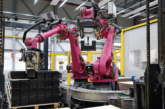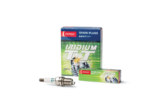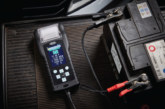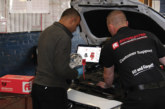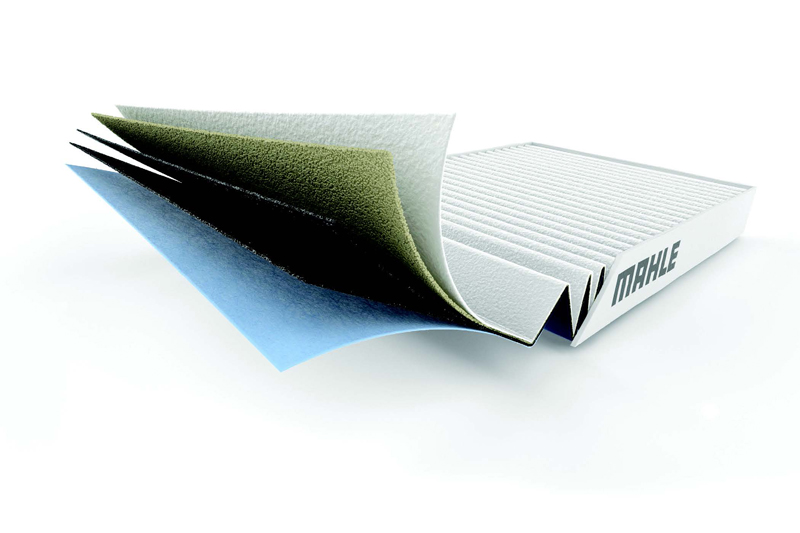
PMF caught up with Jonathan Walker, Mahle’s UK & Ireland Aftermarket General Manager, to find out what the company makes of the current filter market, and how it is adapting to change.
Q. What is new in the world of filters?
Jonathan Walker (JW): The two main areas of change are improved cabin filtration and increased pressures placed on filtration products due to unspecified servicing intervals. Previously, motorists were advised to adhere to predetermined servicing intervals, but now modern vehicles ‘tell’ motorists when the vehicle should be serviced, placing additional pressure on filters. Filters can now be expected to run for at least 25,000 miles without a service change.
These unscheduled intervals, coupled with extended servicing intervals because of costs, mean filters are being pushed to the limit. And, with more environmental and operating demands on oil filters than ever before, oil filters must exhibit continuously improved performance and screen out dirt particles reliably for up to 50,000km. As a consequence, Mahle develops its filters to cope with any additional demands.
Q. What recent additions has Mahle made to its filter portfolio?
JW: Mahle has recently started manufacturing plastic oil filter module housings, with simple radial O-ring seals instead of axial sealing concepts, which were fitted in previous aluminium housings. This means weight savings of 5-15% – and as a result, lower fuel consumption. We’ve also launched CareMetix, a five-layer cabin filter specially designed to improve passenger health and wellbeing by removing nasty odours and harmful contaminants from vehicle cabins.
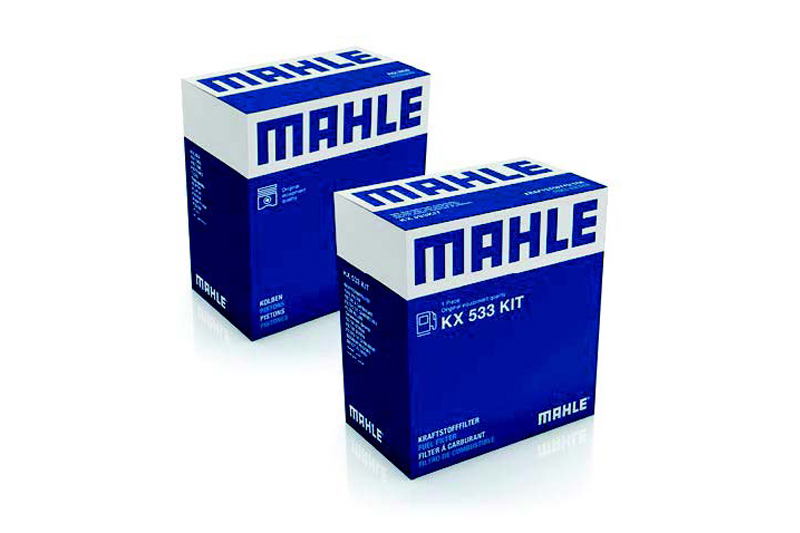
Q. Where do you see the market going for oil and fuel filters?
JW: There is a greater demand for quality, especially from motor factors, and this is impacting on garages. We have previously run a campaign on the quality of filter media and this has really driven the message home. Yes, there are cheaper filters that will fit, but if you have to replace it more often within the service interval, or it’s not performing, then there’s no saving to be made and you have an unhappy customer.
Lesser quality filters will not efficiently remove contaminants from the vehicle’s fuel, causing problems with diesel fuel injectors and ultimately engine components. Many motor factors we work with have fully embraced the quality message and draw comparisons with other components. If the vehicle is to be filled with the right grade of oil, then it should have the right high-quality oil filter.
Q. What should factors be doing when it comes to filters?
JW: The message from Mahle is simple: as an Original Equipment supplier, Mahle products have been tested to the most stringent of standards and have strong technical support. Cheap filters will not efficiently remove contaminants from the vehicle’s fuel, causing problems with diesel fuel injectors and engine components.
Mahle has a range of literature available, so motor factors can remind garages to promote regular filter replacement to motorists. Delaying an oil change may save money in the short term but it increases the risk of terminal engine damage. Only oil of the correct grade and specification for the vehicle must be used. The oil filter should also always be replaced in the process, as only a clean filter has sufficient capacity to remove contaminants, such as dust, metal and combustion residues from, the oil.

